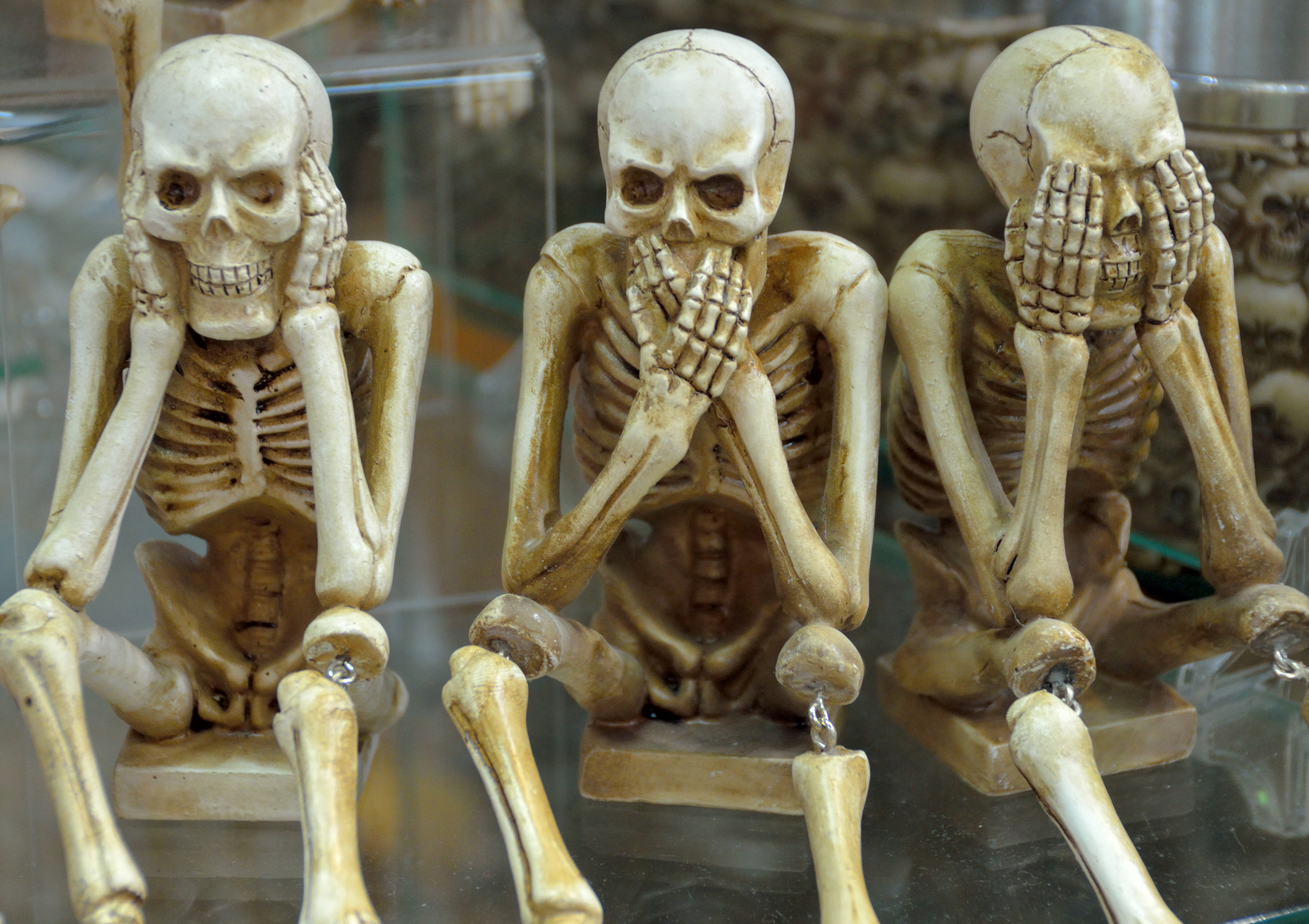This post is part of the series Depression
Other posts in this series:
- Happy Pills and other myths
- Suicide – the truth about Romeo and Juliet (Current)
- Drained of all colour: What is depression?
Suicide Prevention Day was 10 September. Since then there have been an average of 23 reported suicides in South Africa per day. Tragically, teens are increasingly at risk, as Cape Town recently bore witness.
I am happy to see that recent suicide media coverage is mostly compassionate and sensitive. The message behind Suicide Prevention Day was “a minute to save a life” – that you can save someone’s life by checking in on them.
Unfortunately, suicide is also a magnet for sensationalism. Facebook and social media flare up when a suicide occurs within a community. Excessive coverage of celebrity suicides can end up depicting suicide as some sort of solution. Suicide in fiction is not new – think of Romeo and Juliet. But I find it hard to see how suicide portrayed explicitly, like in 13 Reasons Why, can be at all useful. The risk when suicide is spoken of in such an uncontained way is of suicide contagion resulting in copycat suicides.
Suicide needs to be spoken about in an intelligent, contained way. I am going to add to the conversation by debunking some suicide myths:
- Don’t ask someone about suicide; it will just encourage them (false)
If you are worried, be frank and ask: “Are you thinking of killing yourself?” Do not ask the question if you are not ready to listen. Swallow your prejudices and anxieties and let your loved one unburden themselves without judgement.
I talk often talk about suicide in my practice, and how to keep oneself safe when suicidal. Part of the burden of suicidal thoughts is carrying them alone, where they can echo ever louder in one’s head.
- Suicidal thoughts are rare; an aberration (false)
Suicidal thoughts are all too common. They range from passive suicidal thoughts – “I would be happy if I woke up dead” – to active, meticulously thought out plans. Sometimes people panic when they get suicidal thoughts; they scare themselves.
I consider suicide as a symptom of a distressed brain or a life that is out of control. We don’t need to panic when it pops up, but we do need to take it seriously and address the underlying issues.
- If someone is determined to kill themselves, you cannot deter them (false)
The truth is that prevention works. There is a certain level of impulsivity to many suicide attempts. If you can get a person past that, you can save a life. A 2013 meta-analysis looked at data from 22 studies to see what happens when protective structures like safety nets or fences are built on bridges or cliffs. There was an overall drop in suicide numbers.
When my patients are suicidal I get them to hand in their firearms, dispense medication week by week, hospitalise them. You can keep someone safe just by checking in on them.
- People who commit suicide want to die (false)
People who commit suicide are helpless, hopeless and feel worthless. They see suicide as the only way to end their suffering. When I present a clear plan of action to address the underlying problem to my patient, then the active suicidality often drops. People who survive a suicide attempt are mostly relieved that they are alive. However, they are not out of the woods. One of the major predictors of a successful suicide is previous suicide attempts. So a suicide survivor needs to have mental health services redoubled, support systems need to be put in place, more intense treatment options need to be considered. Surviving suicide is only the beginning of a long road to recovery.
- People who commit suicide are selfish (false)
It’s not ok to tell a suicide survivor that they were selfish in their attempt. Guilt is such a prevalent symptom of depression and pilling on the guilt is not going to help with recovery.
Most suicidal patients truly believe, in their darkest hour, that they are an unbearable burden to their loved ones; that they are so useless, the world would be better off without them. In this warped perspective, suicide seems like a selfless act.
This does not make it easier for those left behind. But perhaps it makes it a little bit more understandable.
- People who threaten or attempt suicide are just looking for attention (false)
Suicidality isn’t a decision, it is a symptom of a serious problem. 90% of people who commit suicide have a mental illness – depression, bipolar and addiction amongst others.
Depicting suicidality as a conscious decision, a manipulation, minimises the fact that it is a symptom of illness
It is an enormous burden to have a suicidal loved one. Don’t do it alone, get help.
- Suicide crisis (8am-8pm): 0800 567567
- Lifeline W-Cape: 021 461 1111
- Suicide crisis: 08600 12 13 14
- UCT Student Wellness: 021 650 1017

Continue reading this series:
Drained of all colour: What is depression?








4 Comments
I just wanted to say a bit about hopelessness as it is sandwiched between two other rhyming adjectives in your post. In the story of Pandora from Greek mythology – the one that we all remember – Pandora unleashes every kind of plague and pestilence upon humanity when, out of insatiable curiosity she opens a jar given to her. The part that we sometimes forget is that when she managed to force to jar closed again she complained to Zeus that hope was the only thing left in it. Zeus is said to have told her that it was enough for humanity.
As a survivor of many suicide attempts, I can tell you that when depression finally tips over into hopelessness it is the darkest hour – all the stars in the universe wink out and there is nothing before you, not even the future. Because of the peculiar nature of consciousness that humans have, compared to other animals which only live in the present, hope is as vital to our existence as oxygen or food. Without hope there is no point to existence because there is no determining our future, especially if you believe that nothing that you do can make even the slightest difference.
I seem to recall from my undergraduate psychology days that hopelessness was the single best predictor of suicidality. Though how they operationalized that and whether it is still supported by current research, I don’t know. Either which way, the point I want to drive home is that we should take hopelessness deadly seriously.
BTW my outlook is pretty hopeful.
Hi David. Thanks for sharing. Indeed, man cannot survive without hope.
І constantⅼy spent my half an hour to read this weЬlog’s articles every day along with a mug of coffee.
Thank you! Such sweet feedback